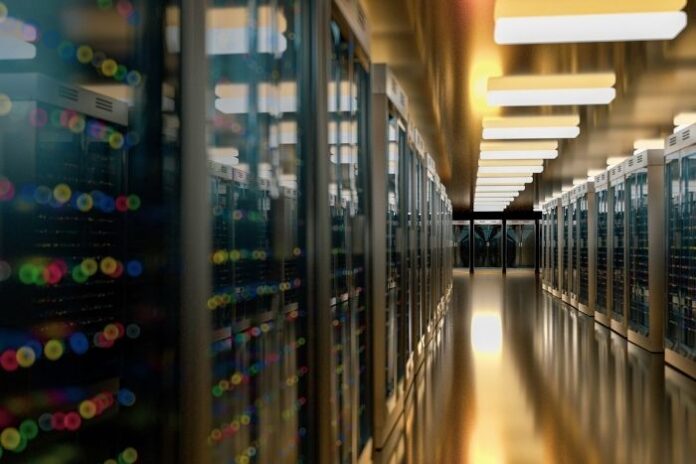Whether your data center is for gaming, protecting information, or a little extra storage, you want to prepare for any situation that might damage your data towers. Your storage safety is critical, no matter what you put in your servers. Here’s a guide to keeping your data center safe in any situation.
Natural Disaster
Having a data safety plan for natural disasters isn’t overly cautious. For example, electrical storms are one of the most common causes of equipment damage. Having data center seismic protection is essential, especially in the case of a natural disaster. Luckily, there are a few things anyone can do to mitigate any damage, even in an earthquake, such as:
- Have a generator. Whether you work at a large corporation or your data storage is for home usage, generators are invaluable.
- Test these generators once a month if possible.
- Test and monitor cooling systems for heatwaves.
- Secure all loose items in case of harsh weather.
Take into consideration where you live and what natural disasters occur there the most. That way, you can be better prepared.
Water Damage
Water damage doesn’t just occur from rainy conditions. Spills, sprinkler heads, or plumbing issues also pose a risk to data towers. With water damage, it’s important to prepare for the worst and mitigate the chance of damage before anything happens. Here are a few tips for preventing water damage:
- Make sure your data towers are not on a low water table.
- Ensure that you have a recovery program or cloud backup.
- Check your pipes and cable protectors for proper seals.
- Keep an extinguisher on hand for electrical fires to prevent fire damage and completely prevent sprinkler heads from flooding the room.
Most often, water damage occurs because of a fire, so removing any fire hazards will also remove most of the risk before anything happens.
Data Security
Some of these data security tips may seem obvious, but remembering them is non-negotiable. Data security is a top priority in most industries, so keeping a few of these basics in mind can be more than a lifesaver:
- Use strong password controls and have more than one password for different access levels.
- Keep up-to-date with all security systems and backup security systems.
- Encrypt communications if you have sensitive information.
- Ensure you have firewalls at boundary points.
Hopefully, this guide to keeping your data center safe in any situation gives you peace of mind. No matter the size of your storage, keep your information safe and start implementing a safety plan today.















